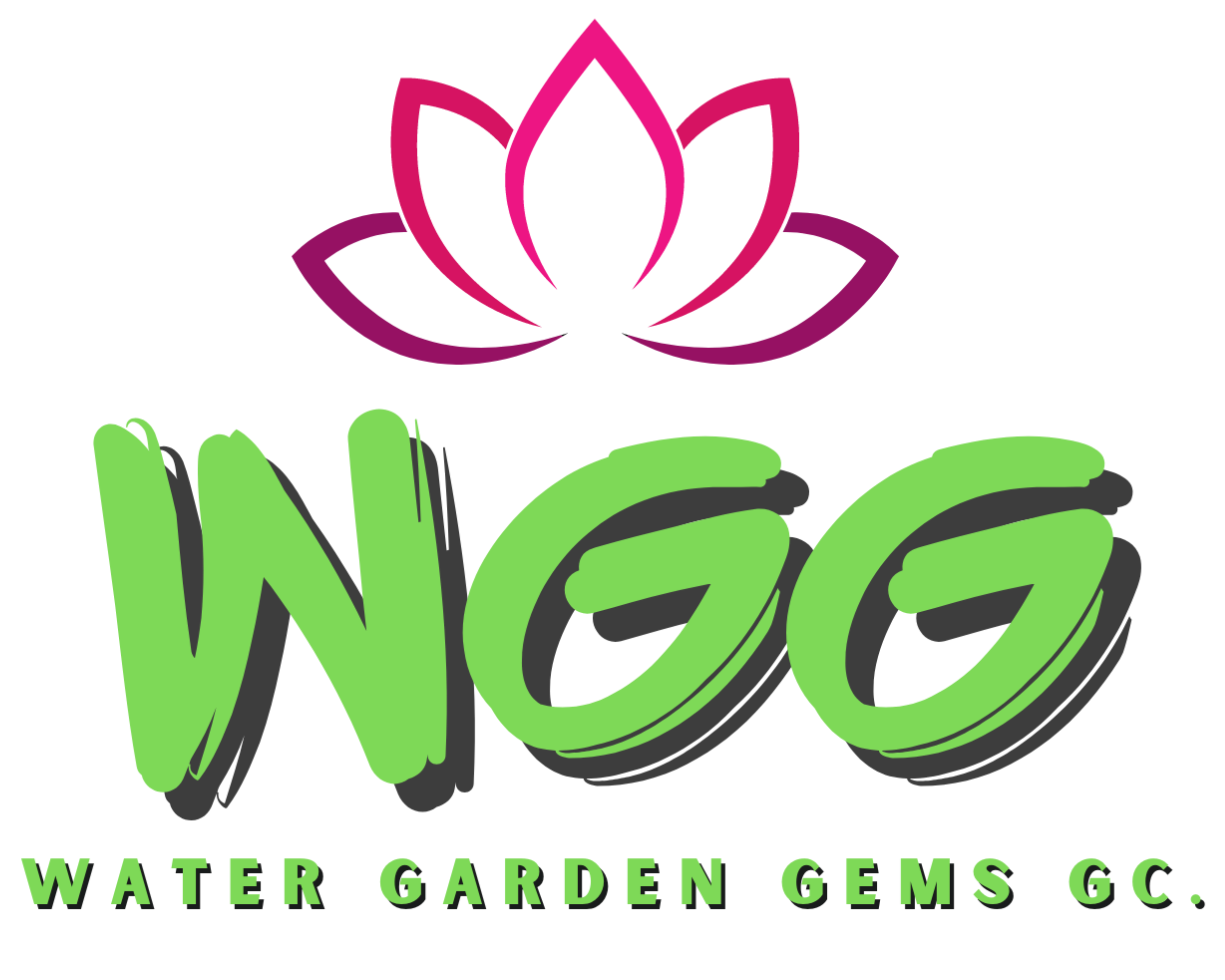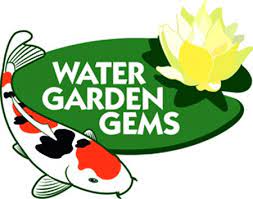


Aqueon
Aqueon Nutrinsect Betta Pellets - 1.41 oz
Nutrinsect™ Betta Pellets are 100% fish-free, matching the types of food your betta would naturally eat in the wild. The plant- and insect-based formula is designed for optimal palatability and color enhancement while providing your fish with their daily nutritional needs. And because the food is so digestible, it leads to less waste, better water quality, and more active fish. This helps you create a beautiful aquarium ecosystem where your fish will thrive.
Because Nutrinsect™ is 100% fish-free, choosing this product also helps preserve the earth's oceans. Overfishing is a huge issue. Each year, millions of tons of fish are harvested for fishmeal and other commercial uses, which puts a massive strain on the ocean's fragile ecosystem. The Nutrinsect™ formula doesn't use any fish products, helping protect the world's fish resources.
- FISH-FREE FOOD — Matches what your betta fish eat in the wild.
- SUSTAINABLY SOURCED — Helps preserve the earth's oceans.
- PLANT- AND INSECT-BASED FORMULA — Meets daily nutritional needs.
- HIGHLY PALATABLE — Means your betta fish will crave this food.
- COLOR-ENHANCING — Helps your betta fish's color pop.
- EASILY DIGESTIBLE — Leads to less waste, better water quality, and more active fish.
Bettas may be carnivores, but they prefer eating insects and invertebrates in nature, not other fish. Their wild counterparts live in shallow pools, small streams, and even rice paddies — areas rich in vegetation.
Many aquarium fish foods contain fish products rather than the ingredients your fish crave in the wild. Nutrinsect™ is different. The 100% fish-free formula is plant- and insect-based. Bettas will get the protein they need from ingredients like dried mealworms, dried black soldier fly larvae, algae, freshwater shrimp, dried bloodworms, and more.
As an added bonus for environmental consciousness, the insects used are all sustainably grown. Some are fed food that would otherwise go to waste, while others are naturally grown in lakes and ponds and require minimal land to be farmed.


